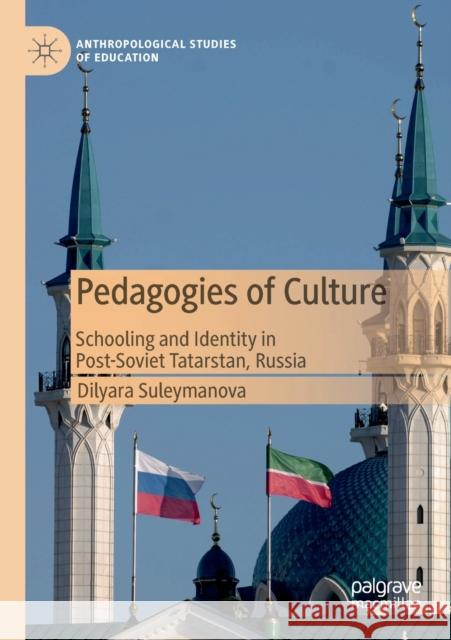Pedagogies of Culture: Schooling and Identity in Post-Soviet Tatarstan, Russia » książka
topmenu
Pedagogies of Culture: Schooling and Identity in Post-Soviet Tatarstan, Russia
ISBN-13: 9783030272470 / Angielski / Miękka / 2021 / 203 str.
Pedagogies of Culture: Schooling and Identity in Post-Soviet Tatarstan, Russia
ISBN-13: 9783030272470 / Angielski / Miękka / 2021 / 203 str.
cena 201,72
(netto: 192,11 VAT: 5%)
Najniższa cena z 30 dni: 192,74
(netto: 192,11 VAT: 5%)
Najniższa cena z 30 dni: 192,74
Termin realizacji zamówienia:
ok. 22 dni roboczych
Bez gwarancji dostawy przed świętami
ok. 22 dni roboczych
Bez gwarancji dostawy przed świętami
Darmowa dostawa!
Kategorie:
Kategorie BISAC:
Wydawca:
Palgrave MacMillan
Seria wydawnicza:
Język:
Angielski
ISBN-13:
9783030272470
Rok wydania:
2021
Wydanie:
2020
Numer serii:
000797699
Ilość stron:
203
Waga:
0.26 kg
Wymiary:
21.01 x 14.81 x 1.17
Oprawa:
Miękka
Wolumenów:
01
Dodatkowe informacje:
Wydanie ilustrowane











